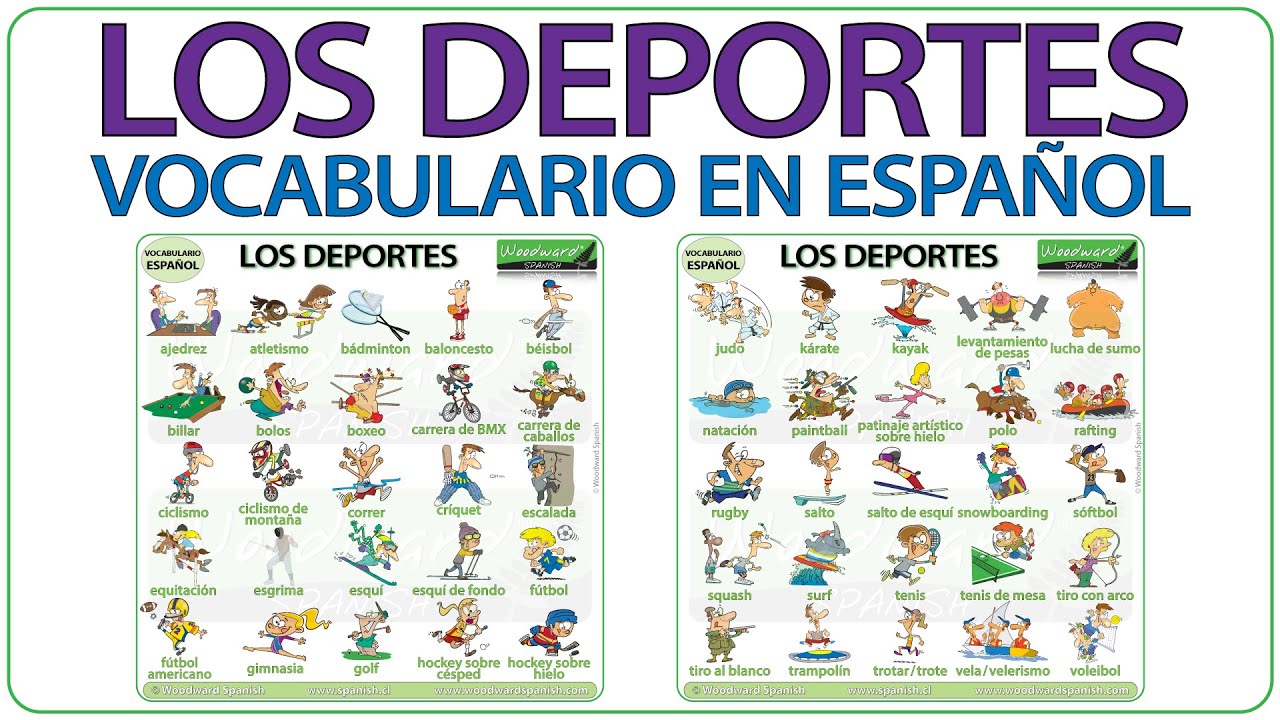Thinking about homeschooling your kids but worried about the costs? You’re not alone. Many parents wonder if they can get a break on their taxes for the expenses they incur while educating their children at home. Understanding what’s deductible and what’s not can help you manage your budget more effectively.
Tax laws can be tricky, and when it comes to homeschooling, they’re no exception. While you might hope for some relief, the reality is a bit more complex. In this text, we’ll jump into the specifics of homeschool expenses and explore whether any of them can lighten your tax burden.
Key Takeaways
- Homeschooling Expenses: Typical costs include curriculum materials, supplies, extracurricular activities, and educational field trips, which must be managed through careful budgeting and tracking.
- Federal Tax Deductions: Homeschool expenses are generally not tax-deductible at the federal level, as they are not classified as qualified educational expenses by the IRS.
- State Tax Deductions: Some states, like Illinois and Indiana, offer tax deductions or credits for homeschool expenses, so it’s important to research state-specific policies.
- Eligible Items: Only certain expenses such as textbooks, curriculum content, and extracurricular activities may qualify for state deductions, where applicable.
- Documentation: Keeping detailed records, including receipts and invoices, is essential for claiming any potential state tax deductions.
- Common Misconceptions: Clarifying misunderstandings about tax deductions for homeschooling can prevent errors and ensure compliance with state regulations, optimizing potential tax benefits.
Understanding Homeschooling Expenses
Exploring homeschooling expenses requires understanding various cost components. Homeschooling involves several types of expenditures that parents must consider.
Key Terms
Curriculum Materials: Educational resources like textbooks, workbooks, and online subscriptions necessary for teaching.
Extracurricular Activities: Enrichment programs, sports, or arts classes beyond standard academic coursework.
Supplies: Basic items such as paper, pencils, and art supplies, along with more specialized equipment like scientific calculators or lab kits.
Field Trips: Educational outings to museums, science centers, or historical sites that enhance learning experiences.
Homeschool Expense Categories
- Curriculum Costs: Curriculum packages, lesson plans, and grading services.
- Online Classes: Subscriptions to virtual classes or platforms providing structured courses.
- Testing Fees: Costs associated with standardized tests or assessments required by some states.
- Learning Environment: Furniture and technology investments, such as desks, chairs, computers, and tablets.
- Professional Services: Tutors or specialized instructors for subjects requiring expert guidance.
Managing Expenses
Understanding the expenses involved in homeschooling helps in planning and budgeting effectively.
- Create a Budget: List all potential costs, from curriculum to supplies.
- Track Purchases: Keep detailed records of all homeschooling-related expenditures.
- Search for Discounts: Look for sales, educator discounts, and free resources online.
- Use Tax-Advantaged Accounts: Consider using funds from tax-advantaged accounts like 529 plans if applicable.
Action Points
Regularly review the budget and adjust as necessary to stay within financial means. Taking advantage of discounts and planning can significantly reduce overall homeschooling costs.
Current Tax Laws for Homeschool Expenses
Current tax laws often confuse those seeking deductions for homeschool expenses. Understanding federal and state tax rules helps you navigate potential benefits.
Federal Tax Deductions
At the federal level, homeschool expenses are generally not tax-deductible. The Internal Revenue Service (IRS) doesn’t classify homeschooling costs as qualified educational expenses. This means you can’t deduct spending on:
- Curriculum Materials: Textbooks, workbooks, and educational software.
- Supplies: Pencils, paper, art supplies, and other consumables.
- Extracurricular Activities: Sports, music lessons, and field trip fees.
The IRS provides deductions for certain educational expenses such as tuition for higher education through the American Opportunity Tax Credit and Lifetime Learning Credit, but these don’t extend to K-12 homeschooling.
State Tax Deductions
State tax laws vary significantly about homeschooling expenses. Some states offer deductions or credits to homeschoolers:
- Illinois: Allows a credit for educational expenses up to $250 per family, including homeschooling costs.
- Indiana: Offers a $1,000 deduction per child for homeschooling families.
Research state-specific guidelines to understand potential benefits. Check with your state’s department of revenue or a tax professional to ensure compliance and maximize available deductions.
The legislation can change regularly, so stay informed about updates in both federal and state tax laws to optimize your tax situation while homeschooling.
Eligible Homeschool Expenses
Certain costs related to homeschooling might be eligible for deductions or credits, depending on your state’s tax laws. It’s crucial to identify these expenses to maximize any potential tax benefits.
Educational Materials
Educational materials encompass a broad range of items essential for homeschooling. While federal tax law doesn’t allow deductions for these expenses, some states might offer credits or deductions.
Types of Educational Materials:
- Curriculum Content: Textbooks, workbooks, and lesson plans.
- Software and Online Resources: Educational software, online subscriptions, language learning apps.
- Supplies: Notebooks, writing utensils, art supplies.
Example
If you purchased textbooks and online subscription services totaling $500, and your state provides a deduction for educational expenses, you might be able to deduct this amount from your taxable income.
Extracurricular Activities
Extracurricular activities can complement your homeschool curriculum by providing additional learning opportunities.
Common Extracurricular Expenses:
- Sports Programs: Membership fees, uniforms, and equipment.
- Music and Arts: Instrument rentals, art supplies, and class fees.
- Field Trips: Admission tickets, transportation costs, and guided tours.
Example
Suppose your child participates in a music program that costs $300 annually, with an additional $100 spent on instrument rentals. Some states might allow you to deduct these costs if they fall under qualified educational expenses.
Researching your state’s specific regulations ensures that you accurately identify eligible homeschool expenses. Stay informed about any legislative changes to optimize your tax benefits while homeschooling.
How to Claim Tax Deductions
Understanding the specifics of claiming tax deductions for homeschool expenses can save you money. State rules vary, so knowing what’s required will streamline the process.
Required Documentation
Having the right documents can make or break your claim for tax deductions. Organize and keep detailed records throughout the year.
Essential Documents:
- Receipts: Keep all purchase receipts for curriculum materials, textbooks, and supplies.
- Bank Statements: Record financial transactions related to homeschooling expenses.
- Invoices: File invoices from online classes, tutors, or extracurricular activity providers.
- Proof of Payment: Maintain canceled checks or credit card statements for all homeschool-related payments.
Filing Process
Knowing how to properly file for tax deductions can simplify the procedure.
- Research State Laws: Identify what deductions or credits your state offers.
- Gather Documents: Assemble receipts, statements, and invoices collected throughout the year.
- Consult Tax Software or Professionals: Use tax preparation software or consult a professional to ensure all deductions are accurately applied.
- Complete Tax Forms: Fill out the necessary state tax forms, listing eligible homeschool expenses.
Reviewing these requirements and steps can help you maximize your tax benefits and reduce the financial burden of homeschooling.
Common Misconceptions
Many parents have misconceptions about homeschooling expenses and their tax implications. To help clarify, we’ve identified and addressed some of the most prevalent myths.
1. Homeschool Expenses are Always Tax Deductible
False. While some states offer deductions for specific homeschooling expenses, federal tax law does not. For instance, Illinois and Indiana provide state-level deductions, but most states do not. Always check your state’s regulations before assuming deductions.
2. All Educational Materials Qualify for Deductions
Incorrect. Not all educational materials are deductible, even if your state offers homeschooling tax benefits. Generally, deductions cover items like textbooks and curriculum materials but exclude things like furniture or non-educational supplies.
3. Unused Homeschooling Credits Roll Over to the Next Year
Wrong. Any state-provided homeschooling credits usually apply only to the year they are claimed. If not fully utilized, they do not carry forward. Consultation with a tax professional can provide tailored advice.
4. Claiming Homeschool Deductions is the Same as Public School Deductions
Inaccurate. The rules governing deductions can vary significantly between homeschooling and public or private schooling. Ensure compliance with state-specific regulations for homeschools to avoid penalties.
5. You Can Deduct Homeschooling Expenses Federal Tax
Untrue. Federal tax law does not authorize deductions for homeschooling expenses. Familiarize yourself with the specifics of federal tax regulations to avoid mistaken filings.
6. Homeschool Tax Deductions Reduce Tax Liability Significantly
Misleading. Even in states offering deductions, the amount is often minimal and does not lead to significant tax savings. It’s essential to understand the actual financial impact based on current state laws.
7. Claiming Homeschool Deductions is Often Overlooked by Parents
Yes, this is possible. Given the complexity of tax laws, many parents might miss potential state deductions. Maintenance of detailed expense records and timely consultations with tax experts can ensure you’re not missing out.
By shedding light on these misconceptions, you can better navigate the financial aspects of homeschooling. Conduct thorough research and seek professional advice to maximize potential savings and avoid pitfalls.
Conclusion
Understanding the financial nuances of homeschooling can help you manage your expenses more effectively. While federal tax deductions for homeschooling are limited, state-specific regulations offer some opportunities for savings. It’s crucial to stay informed about your state’s laws and keep meticulous records of your expenses. Consulting a tax professional can provide personalized guidance, ensuring you make the most of any available benefits. By doing so, you can focus more on providing a quality education for your children and less on financial worries.
Frequently Asked Questions
What are the main expenses involved in homeschooling?
Homeschooling expenses typically include curriculum materials, extracurricular activities, and supplies. Budgeting for these costs and seeking discounts where available can help manage the overall expenses.
Are there any federal tax deductions for homeschooling?
No, there are no federal tax deductions specifically for homeschooling expenses. However, variations in state laws may offer deductions, such as in Illinois and Indiana.
Can I deduct all homeschooling expenses on my taxes?
No, you cannot deduct all homeschooling expenses on your taxes. The availability of deductions depends on your state’s laws, and not all expenses qualify for deductions.
Do any states offer tax deductions for homeschooling?
Yes, some states, like Illinois and Indiana, offer tax deductions for homeschooling expenses. It’s crucial to understand the specific regulations in your state to maximize potential savings.
Is it true that unused tax credits for homeschooling can roll over to the next year?
No, it is not true. Unused tax credits for homeschooling expenses do not roll over to the next year. It is important to utilize available credits within the applicable tax year.
How can I effectively manage homeschooling expenses?
To effectively manage homeschooling expenses, create a budget, seek out discounts, and maintain detailed documentation of all related costs. Consulting a professional advisor can also help navigate financial aspects.
Do I need to maintain documentation of homeschooling expenses?
Yes, maintaining detailed documentation of all homeschooling expenses is essential. This can help with tax deductions and provide a clear picture of your annual spending.
Is professional advice necessary for handling homeschooling finances?
While not mandatory, seeking professional advice can be beneficial. A financial advisor can help you understand state-specific regulations, maximize potential savings, and ensure you’re making the most of available deductions.


